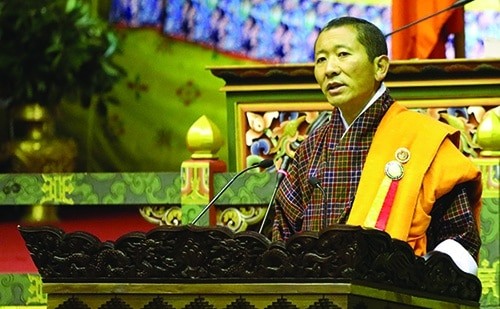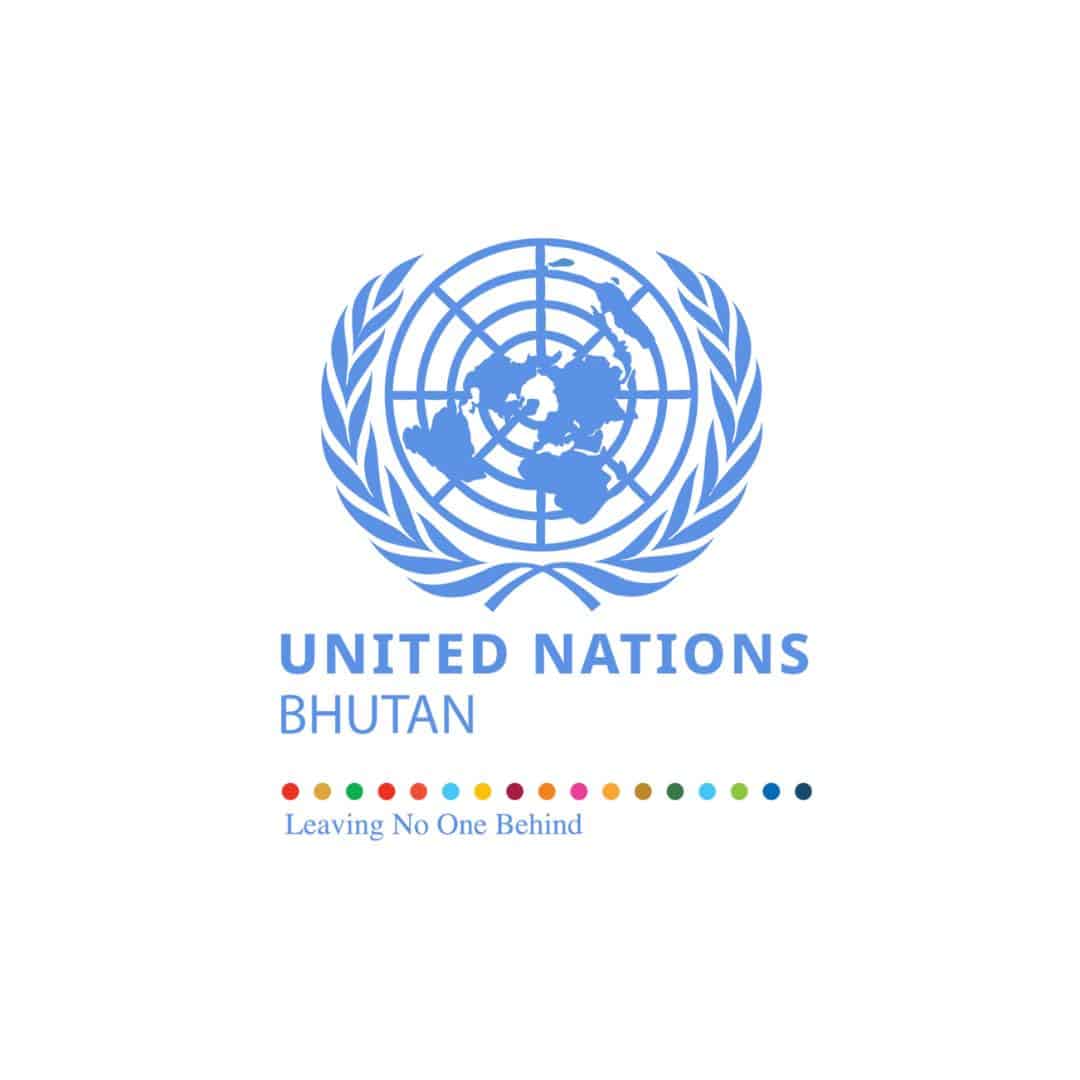Moving ahead, the PM says that it was high time for Bhutanese to start adapting to the ‘new normal’ and redefine its components
The Covid-19 pandemic has forced Prime Minister Dr Lotay Tshering and his administration to suspend its entire grand plans, reprioritize some of its top activities, and overlay a new way forward, according to the State of the Nation.
Presenting the State of the Nation report 2021 to the Parliament on December 24, Lyonchhen said that the government will redirect focus and resources to create gainful employment by uplifting the economy, enhancing education quality, and building credible human resources.
“We will pivot our mandates towards skilling, re-skilling, and up-skilling of our citizens just as His Majesty has underscored. Undoubtedly, mainstream education will become our foreground to start skilling our youth. To make the world ready, our youth must learn from world experts,” he said.
The performance
Lyonchhen highlighted that the entire nation has been redirected to a new course and that the path we are walking today will not take us far.
“It has become a challenge to elaborate on the state of affairs around this time of the Parliament session. Mindful of the task ahead, I share this report as a custom to update everyone on the efforts and activities of the agencies of the last one year.”
He added to let this report serve as a reference down the line, but more than that, let it serve as the take-off point as we work for a bigger purpose. “The contents of the subsequent State of the Nation report should transpire into better and higher lives for the people of Bhutan.”
As a priority sector during the pandemic, it was divulged that health received much attention in the past one year. However, emerging variants continue to pose risks as the nation enters the third year of the pandemic.
Among others, it was shared that digitalization is the way forward and it is most relevant in the health sector.
“To improve efficiency, we continue to pursue digitalization of the health system. Some key initiatives include the development and operationalizing of the Bhutan Vaccine System, Druk Trace App, Stay Home App, and Health Facility System which were critical to fighting the Covid-19 pandemic,” states the report.
According to the report, the total health expenditure as a share of the GDP has remained around 4 to 4.5% over the years. The government’s share of health expenditure constituted 73.4% in the last fiscal year.
In education, it has always been accorded one of the highest priorities, states the report. Performances include redefining the basic education level and raising it to Class XII from Class X, making teaching one of the highest paid jobs in the country, and making a shift towards formative assessment.
Further, it was apprised that works are now being earnestly carried out on the digitalization of all schools.
According to the report, the government’s focus is now on reforming the education system in line with the visions of the Royal kasho granted by His Majesty The King during the 113th National Day celebration last year.
On the economic front, as an import-driven nation, it has been mentioned that we were hit harder, but this has also allowed us to re-look into investments and forge a better path ahead.
Although the pandemic might rage on unabated for the foreseeable future, safeguarding the lives of people and reviving the health of the economy shall remain the top priorities of the government.
According to the report, the conservative, non-compromising measures embraced to fend off the disease have undoubtedly been harsh on the economy with the GDP growth rate dropping to an all-time low of -10.08% in 2020, a huge slide from 5.76% in 2019.
Some interventions to sustain the economy, as mentioned in the report, are in progress with trade facilitation, startup and CSI Flagship, identifying new investment areas, energy, industries, customs duty rationalization, mining, and exploring investors in green energy and technology.
The report also mentioned about the economic fallout transmitted primarily through the tourism and allied sectors and spreading over to the construction, manufacturing, and other sectors, and industrial production having been severely affected due to disruptions in trade and labor shortages.
The tourist arrivals, as mentioned in the report, dropped by 91% in 2020. Of the 29,812 arrivals in 2020, the number of tourists paying the minimum daily package rate (MDPR) was 6,376, a drop of 90.5% from 72,199 in 2019. The rest, 23,436 visitors, were non-MDPR paying tourists, a 90% drop from the 2019 arrivals of 219,195.
The visa cancellations for leisure tourists reportedly increased from 1,004 in 2019 to 3,122 in 2020.
The PM also highlighted other major activities in the education, employment, governance, agriculture, foreign relations, and the environment sectors.
Way forward
Moving ahead, Lyonchhen said that it was high time for Bhutanese to start adapting to the ‘new normal’ and redefine its components. “It starts from changing the way we think, of the jobs and skills we require, to the lifestyle we embrace.”
Lyonchhen added that the State of the Nation report will henceforth present a completely different scenario than what they have been portraying so far.
“To achieve this tremendous feat, we will have to set aside differences, possibly dispose of them entirely. Together, we must uphold accountability and institute exceptional work ethics. We need to correct the glaring weaknesses and shortcomings infesting our system,” he said.
However, Lyonchhen said that compared to some of the countries where the devastation from the pandemic has been far severe, Bhutan suffered a comparatively low impact with personal guidance and support from His Majesty.
Kinley Yonten from Thimphu















